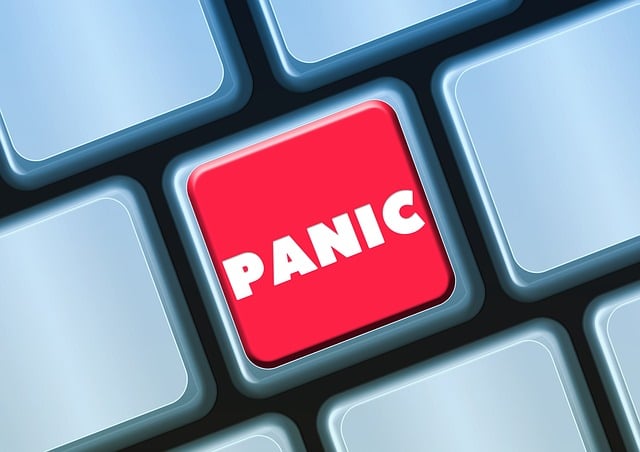According to recent statistics, more than 10 per cent of the population have a problem with anxiety. That’s up to 8 million people, and for many thousands of these people panic attacks will be a very real part of every day life. If you do have panics attacks, then at least be assured that you are certainly not alone.
As a London hypnotherapist, I think I’m pretty well qualified to understand the rigours of the daily grind, and how city life can really take its toll. And I think that London, like all bustling cities, can be a difficult place to live for people who are prone to panic attacks.
My practice uniquely looks at hypnotherapy as a way to help people who have panic attacks; we do not offer talking therapy or medications. Before we look into why hypnotherapy works, however, I’d like to explain a little more about the other two methods I just mentioned and explain why we don’t touch them.
Traditional talking therapy – CBT for example – is one way that people try and come to terms with an anxiety-related problem. In talking therapies, people are helped to understand why they are having panic attacks. They leave with a grasp of why panic attacks are illogical and why their fear is normally not worth the adrenaline and stress they are expending upon it.
Traditional medication, meanwhile, is a route which will slow down the brain’s ability to generate a panic attack-based response. It can work, but as with CBT, there’s no getting around the fact that when treatment stops, the cause of the anxiety remains and your response to it will likely resume again.
A complementary approach to helping people with anxiety
The above explains why we choose a more complementary approach when using hypnotherapy to treat people. Havening, for example, is a treatment we use a lot, and it deals with the cause of why you are having the panic attack – or why you fear dogs/open spaces/aeroplanes in the first place.
There is always a “trigger” for anxiety – an original event that created the memory. Think about when you go up the first hill on a rollercoaster and mild panic starts to set in (or not, if coasters don’t excite you). You know you’re safe, but there’s a part of the brain that is in panic mode because you’re about to do something that isn’t natural and feels dangerous.

In fact, what is happening is that your brain is anticipating the fear you felt the very first time you went on a rollercoaster and your stomach leapt into your mouth and wind whizzed past your face at 60 miles an hour.
What Havening can do is switch off the receptor that was turned on in your amygdala – a very small but important part of the brain – all those years ago. Swap rollercoasters for police sirens or aeroplanes or large crowds and it’s easy to see how undoing your impulsive response to key “triggers” might be a good thing.
One of the best things about hypnotherapy is that the results are equally impressive when sessions are conducted online. It means that wherever you live, help may be available.

